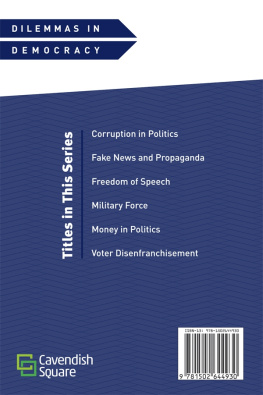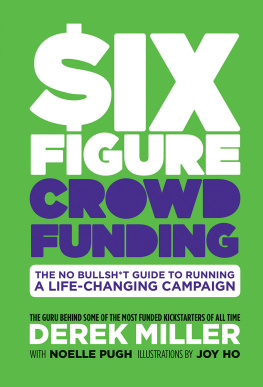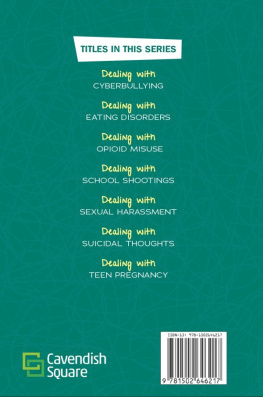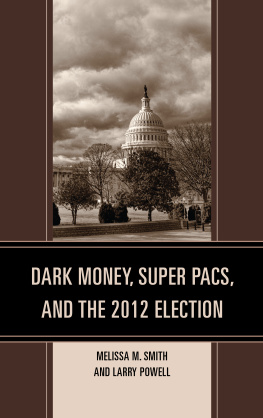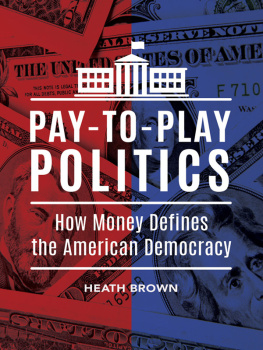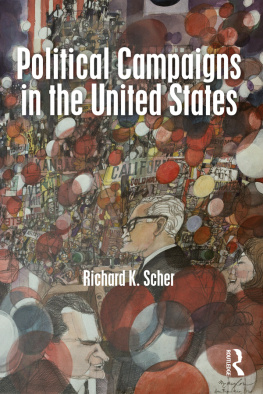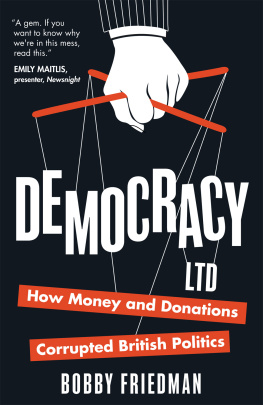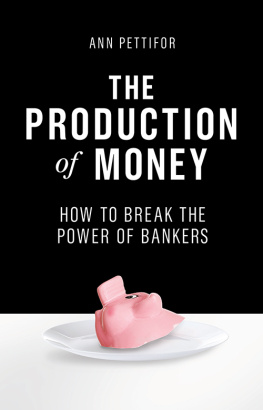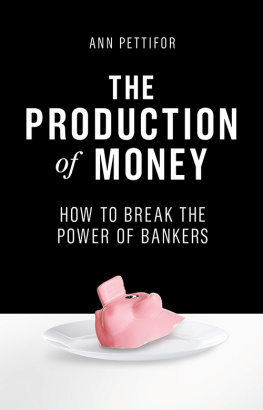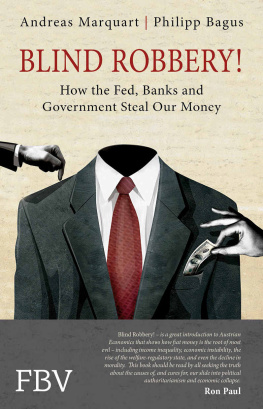
Published in 2020 by Cavendish Square Publishing, LLC
243 5th Avenue, Suite 136, New York, NY 10016
Copyright 2020 by Cavendish Square Publishing, LLC
First Edition
No part of this publication may be reproduced, stored in a retrieval system, or transmitted in any form or by any meanselectronic, mechanical, photocopying, recording, or otherwisewithout the prior permission of the copyright owner. Request for permission should be addressed to Permissions, Cavendish Square Publishing, 243 5th Avenue, Suite 136, New York, NY 10016. Tel (877) 980-4450; fax (877) 980-4454.
Website: cavendishsq.com
This publication represents the opinions and views of the author based on his or her personal experience, knowledge, and research. The information in this book serves as a general guide only. The author and publisher have used their best efforts in preparing this book and disclaim liability rising directly or indirectly from the use and application of this book.
All websites were available and accurate when this book was sent to press.
Library of Congress Cataloging-in-Publication Data
Names: Miller, Derek L., author.
Title: Money in politics / Derek Miller.
Description: First edition. | New York : Cavendish Square, 2020. | Series:
Dilemmas in democracy | Audience: Grades 7-12. | Includes bibliographical references and index.
Identifiers: LCCN 2018056809 (print) | LCCN 2019000320 (ebook) |
ISBN 9781502644947 (ebook) | ISBN 9781502644930 (library bound) | ISBN 9781502644923 (pbk.)
Subjects: LCSH: Money--Political aspects--United States--Juvenile literature. |
Political culture--United States--Juvenile literature. | Campaign funds-
United States--Juvenile literature. | Democracy--Juvenile literature.
Classification: LCC JK1991 (ebook) | LCC JK1991 .M63 2020 (print) | DDC 324.7/80973--dc23
LC record available at https://lccn.loc.gov/2018056809
Editorial Director: David McNamara
Editor: Caitlyn Miller
Copy Editor: Alex Tessman
Associate Art Director: Alan Sliwinski
Designer: Christina Shults
Production Coordinator: Karol Szymczuk
Photo Research: J8 Media
The photographs in this book are used by permission and through the courtesy of: Cover fStop Images/Antenna/Getty Images; background (and used throughout the book) Artist Elizaveta/ George Frey/Getty Images.
Printed in the United States of America
CONTENTS
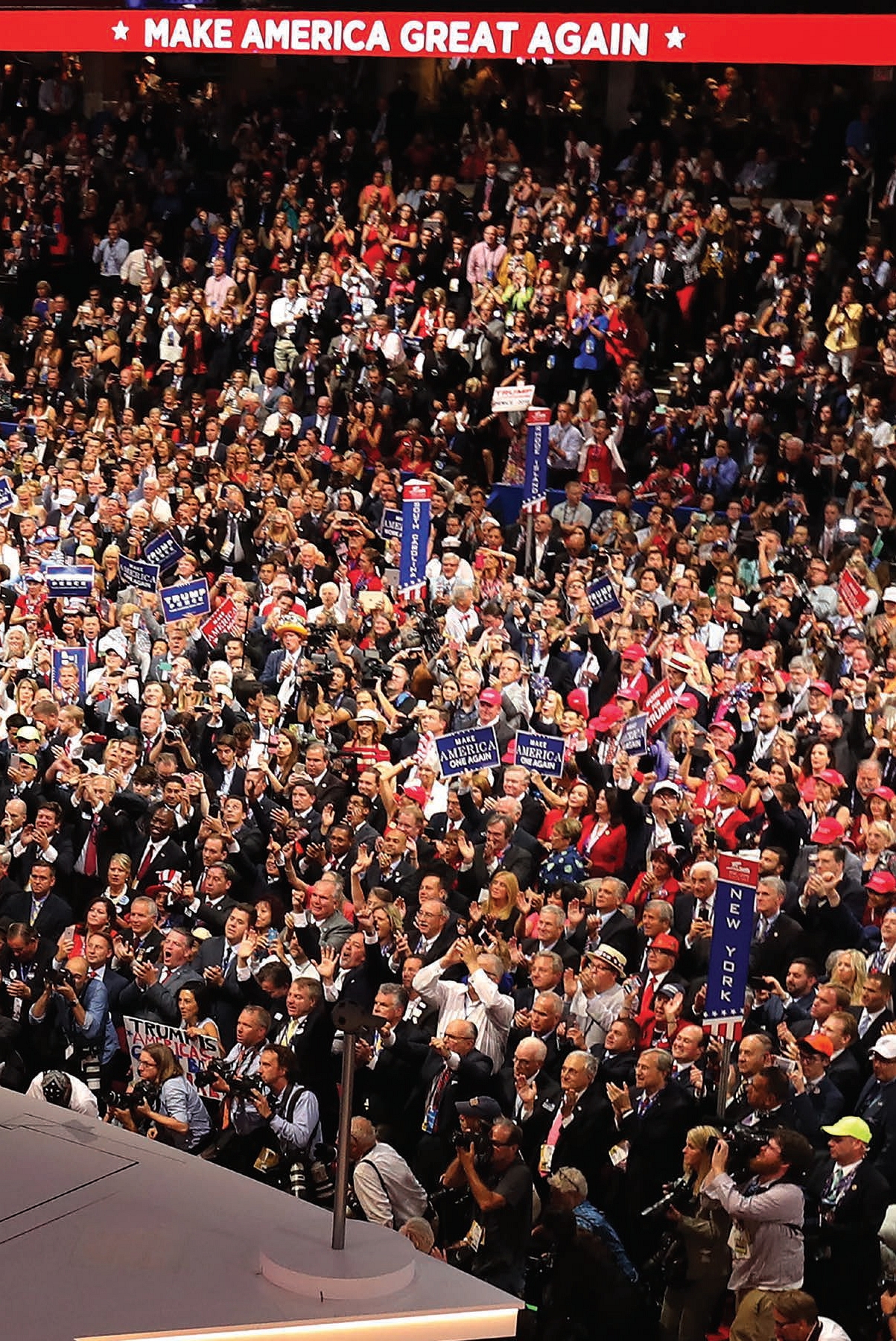
Opposite: Political events like the 2016 Republican National Convention cost tens of millions of dollars.
CHAPTER 1
The Effects of Money in Politics
M oney is necessary in politics. In a democracy, candidates must spend money to campaign for office. They travel the country speaking to crowds. They buy television advertisements explaining their views. Political parties have offices that they must rent and staff. All this costs moneysometimes a great deal of it.
The Problems of Money
Money in politics is not always a bad thing, but sometimes it can lead to problems. The challenge that democratic governments face is how to regulate money in politics. Different countries have different laws doing so. Laws typically govern how politicians can raise money and how much money they can spend. For instance, many countries ban politicians from accepting money from foreign governments. Accepting foreign money may influence how they act toward other countries.
Other issues are less clear-cut: Should politicians be able to accept unlimited money from a rich donor? Should politicians be required to publish the name of every person who gives them money? There are no easy answers to these questions. Before we look at how the American government, and other governments, have tackled these issues, we will look at the possible negative effects and current debates surrounding money in politics.
Corruption and Influence
The most obvious problem of money in politics is the possibility of corruption. Corruption is difficult to define. It can occur at very low levels, such as a police officer accepting a bribe. Corruption can also occur in the halls of power. Heads of state in countries around the world have been accused and convicted of accepting bribes in return for decisions that affected citizens.
Typically, corruption is the abuse of power for personal gain. When politicians are corrupt, they betray the public trust. Politicians oversee huge amounts of money and power. The public expects them to manage these resources effectively for the public good. They should not distribute them for their own personal gain.
Accepting a bribe is not the only kind of corruption, but it is the most straightforward example. It is illegal for politicians to accept money in return for political favors. Favors can include business contracts, like the construction of a bridge. They can also have much bigger stakes. In 2011, former Illinois governor Rod Blagojevich was convicted of corruption for trying to sell a seat in the US Senate! As governor, he had the power to appoint a replacement when Senator Barack Obama became president, vacating the seat.
Aside from Governor Blagojevich, many other politicians in the United States have been found guilty of accepting bribes in return for taking action on some issue. One example is former congressman Duke Cunningham. In 2005, Cunningham admitted to accepting millions of dollars in cash and gifts, including a house, a yacht, and money for a Rolls Royce. In return, he influenced how government contracts were given out. Companies that gave him money were funneled federal tax money.
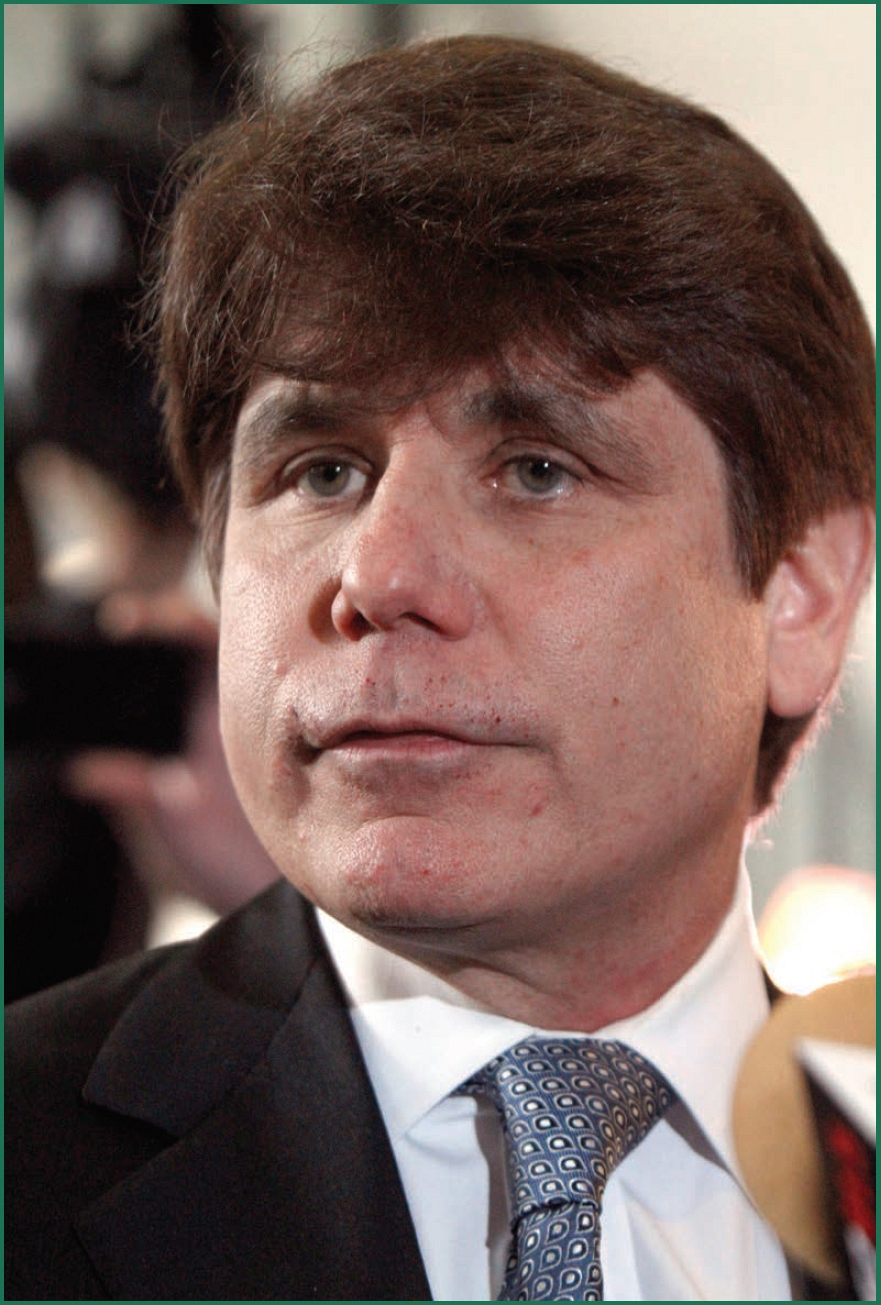
Former Illinois governor Rod Blagojevich was convicted of corruption and sentenced to fourteen years in prison in 2011.
Corruption allows money to influence how the government works. If politicians can be bought, rich people and businesses can influence government actions. This is a major threat to democracy.
Transparency and Public Trust
The appearance of corruption is just as worrying to lawmakers and judges as actual corruption. When citizens of a democracy believe that the government is corrupt, they stop trusting the government. They may stop voting in elections, believing that all candidates are corrupt and elections do not matter. Citizens may also stop cooperating with the police and tax collectors, seeing them as agents of a corrupt government that does not have their best interests in mind.
For this reason, democratic governments do their best to avoid even the appearance of corruption. One of the best ways to do this is through transparency. Transparency in governance means that there is openness and accountability. Information about how the government operates is publicly available. While most individuals may not review government records, they know that journalists can and do search for wrongdoing.
Accountability means that when crimes occur, someone is held responsible. In the example of Duke Cunningham, accountability led to a sentence of eight years and four months in prison. When politicians are punished for corruption, it makes it clear that such behavior is not tolerated.
Policy Capture
Corruption is related to another issue called policy capture. Policy capture is when government decisions are determined by special interests rather than the public good. In some cases, it is clearly illegal, such as when a politician accepts money in return for supporting a law. Yet in other cases, policy capture is much more complicated.

